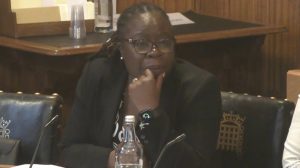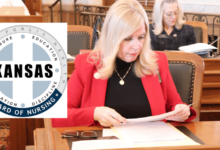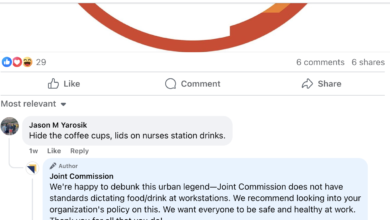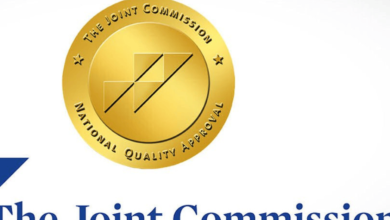Postcode lottery surrounding freedom to speak up, inquiry hears

Variation around the freedom to speak up guardian role has been described as a “big worry” by the nurse leading the scheme nationally.
Dr Jayne Chidgey-Clark, national guardian for the NHS, gave evidence this week to an inquiry by the Health and Social Care Committee that is looking into NHS leadership, performance and patient safety.
“What we see is an absolute inconsistency, which is a big disappointment to me”
Jayne Chidgey-Clark
The session, held on Tuesday 21 May, was the second to take place as part of the inquiry and included a focus on NHS cultures and whether staff feel able to speak up and raise concerns.
Dr Chidgey-Clark, a registered nurse, joined the National Guardian’s Office in December 2021 to take over leadership of the freedom to speak up scheme in England.
The scheme was set up in the wake of the Mid Staffordshire NHS Foundation Trust care scandal and a subsequent 2015 review by Sir Robert Francis into the workplace culture in the NHS.
Sir Robert found that too many NHS staff were deterred from speaking up when they had concerns related to patient safety and when they did speak up, some faced “shocking consequences”.
One of his key recommendations was for every NHS trust to have a ‘freedom to speak up guardian’ in place to provide independent advice and support to staff who want to raise concerns but feel unable to do so through other routes.
The National Guardian’s Office was subsequently launched and there are now more than 1,000 freedom to speak up guardians based in health and social care organisations across England.
The guardians tend to be staff already working in the organisation in other roles who take on the responsibility alongside their normal duties. Many of them are nurses and midwives.
However, during the inquiry session, Health and Social Care Committee member Paulette Hamilton, a former nurse herself, raised concern about variation in relation to the implementation of the guardian role.

Paulette Hamilton
Ms Hamilton said: “These people going in are supposed to be independent, they’re supposed to be allowed to really grow and develop within an organisation.
“The problem that I have, with what I’ve read, is all organisations are required to have them, but the implementation of the role varies greatly dependent on where you are.
“And it’s quite inconsistent, and it doesn’t meet with national guideline standards.”
Responding, Dr Chidgey-Clark explained how the National Guardian’s Office provided best practice guidance on what the guardian role should look like, but that it was down to individual organisations to decide how to implement it.
However, she added: “What we see is an absolute inconsistency, which is a big disappointment to me.”
She pointed to a review that the National Guardian’s Office had recently undertaken in ambulance trusts which found “far too many examples” of guardians having minimal protected time for the role – a problem that also came out in other reviews of the role.
In some organisations, the guardian role was well resourced and added that a good speaking up culture tended to be linked with better ratings and better patient experience and outcomes, Dr Chidgey-Clark stressed.
However, she added: “In other organisations, there absolutely isn’t that support [for the guardian role].”
In addition, she said she had heard “unacceptable” accounts from some guardians who had suffered detriment for delivering messages to leaders “that are hard for organisations to hear”.
Going forward, Dr Chidgey-Clark said she would be working with NHS England and the Care Quality Commission to see how they could use their regulatory powers to ensure that organisations were following guidance in relation to the guardian role.
“The inconsistency is a worry, and it’s a big worry,” she added.
“I would like to see more consistency going forward and more support from the regulators to do that, and I’m working with them on that.”
Another change that Dr Chidgey-Clark said she wanted to see to improve the guardian scheme was for guardian appointments to be approved by NHS boards rather than individual line managers, to ensure the right people were going into these roles.
More widely, she called for every organisation to have an executive and non-executive lead in place, separate to the guardians, to oversee the speaking up culture in their workplaces.







